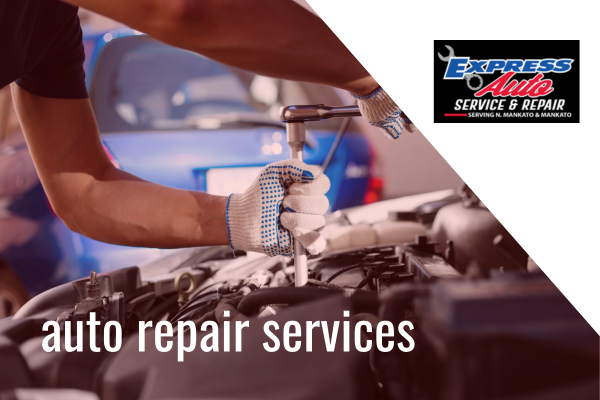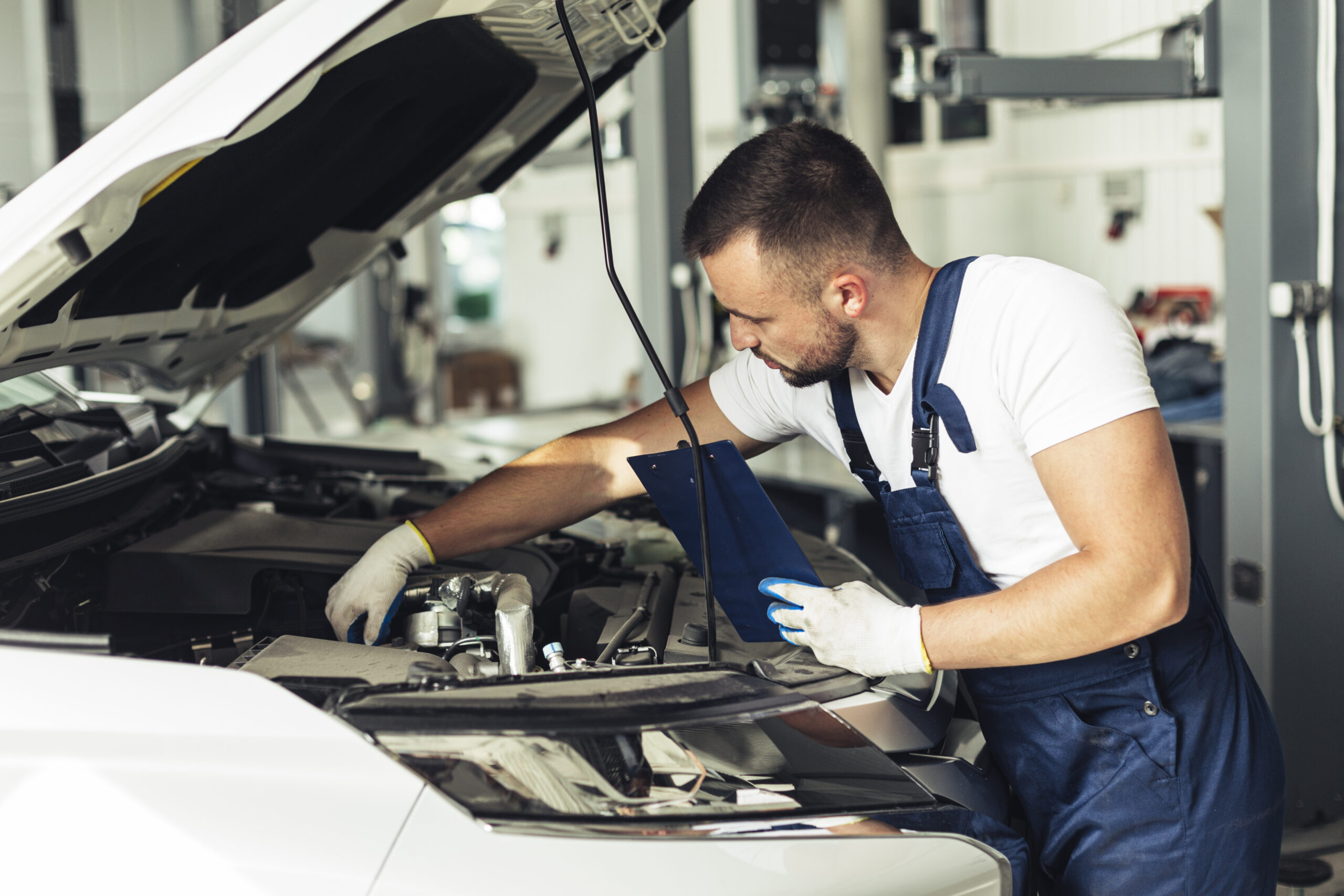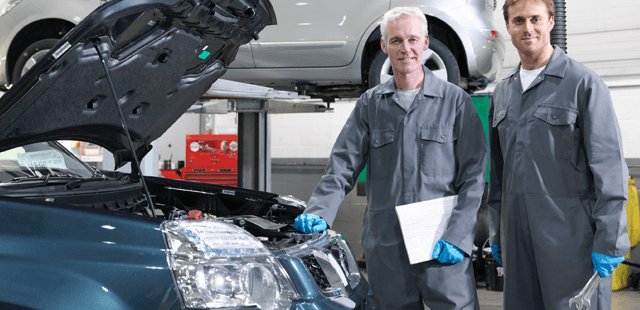All Categories
Featured
Your vehicle is an essential part of your day-to-day live, and taking great care of it makes sure that it offers you reliably for years to come. While modern-day automobiles are created to be sturdy, neglecting proper maintenance can bring about unnecessary malfunctions and expensive repair services. Below's just how you can keep your vehicle running longer and in peak problem.
- Adhere to Routine Maintenance. The structure of a durable car is normal upkeep. Follow your producer's suggested upkeep timetable, which can typically be found in your vehicle's proprietor's handbook. Normal tasks like oil adjustments, tire rotations, and brake checks stop deterioration and keep your auto performing optimally.
Overlooking oil adjustments is among the quickest methods to damage your engine. Clean oil guarantees proper lubrication and prevents overheating. Relying on your cars and truck and driving habits, oil adjustments are typically needed every 3,000 to 5,000 miles or as specified by the maker.
- Check and Renew Liquids. Your auto counts on numerous liquids to operate efficiently. These include engine oil, transmission liquid, coolant, brake liquid, and power guiding fluid. Reduced or filthy liquids can lead to engine getting too hot, sliding equipments, and brake failing.
Make it a habit to examine liquid levels frequently. If you observe a considerable decrease in fluid degrees, it might indicate a leakage that requires prompt focus. Maintaining liquids clean and at the right degrees ensures your car runs successfully and stops pricey repairs.
- Watch on Your Tires. Tire maintenance is vital for both security and efficiency. Incorrectly filled with air tires can reduce fuel performance, create uneven wear, and increase the risk of blowouts. Inspect your tire pressure regular monthly and guarantee it matches the supplier's recommendations.
Revolving your tires every 5,000 to 7,500 miles advertises even wear and expands their lifespan. Additionally, inspect your tires for any type of indicators of damages, such as cuts, bulges, or reduced walk depth, and replace them when necessary.
- Change Worn Components promptly. Ignoring worn-out components can cause larger problems down the road. For instance, failing to replace a used timing belt can cause engine failure. Used brake pads can harm blades, leading to expensive repairs.
Be proactive regarding changing parts such as stimulate plugs, filters, and belts as per the producer's guidelines. Utilizing high-quality replacement components makes sure much better performance and longevity.
- Exercise Gentle Driving. The way you drive dramatically impacts the life expectancy of your automobile. Aggressive driving practices, such as fast velocity, sudden stopping, and tough cornering, put additional anxiety on the engine, brakes, and tires.
Instead, embrace smooth driving techniques. Accelerate slowly, preserve a stable rate, and brake delicately whenever feasible. This reduces damage on your car's components and enhances fuel effectiveness.

- Safeguard Your Auto's Exterior. Maintaining your vehicle clean isn't almost looks-- it has to do with avoiding damage. Dust, roadway salt, and crud can cause corrosion and rust, specifically in the undercarriage. Routine cleaning, particularly during winter months or after driving on salty roads, is crucial.
Waxing your automobile every couple of months gives a protective layer against ecological damages. Furthermore, park your auto in a garage or make use of a vehicle cover to protect it from severe climate and UV rays, which can discolor the paint and damage the inside.
- Don't Neglect Indication. Control panel warning lights are your automobile's way of informing you something needs focus. Whether it's the check engine light, reduced oil pressure, or tire pressure warning, attending to these notifies promptly can prevent small problems from coming to be major fixings.
If you notice uncommon sounds, resonances, or changes in your vehicle's efficiency, don't ignore them. A specialist mechanic can identify and deal with the issue before it rises.
- Shop Your Car Correctly. If you're not using your automobile for a prolonged period, appropriate storage is key. Maintain your auto in an amazing, dry location to safeguard it from weather condition damages. Make use of a battery tender to maintain the battery charge and include a fuel stabilizer to avoid the gas from weakening.

Starting the car occasionally or taking it for a short drive can keep all systems in working order and protect against parts from confiscating up.
Final Thought: Consistency Is Trick. Keeping your auto running longer doesn't need challenging measures-- simply consistency and interest to detail. Treat your car with care, and it will reward you with dependability, much better performance, and years of dependable service.
Latest Posts
Trustworthy Commercial Roof Covering Solutions by Weathercraft
Uncover Best Vehicle Maintenance Solutions from Montclare Auto Repair – Quality Service Today
Trusted Expenses Door Solutions for Houses and Businesses
More
Latest Posts
Trustworthy Commercial Roof Covering Solutions by Weathercraft
Uncover Best Vehicle Maintenance Solutions from Montclare Auto Repair – Quality Service Today
Trusted Expenses Door Solutions for Houses and Businesses
